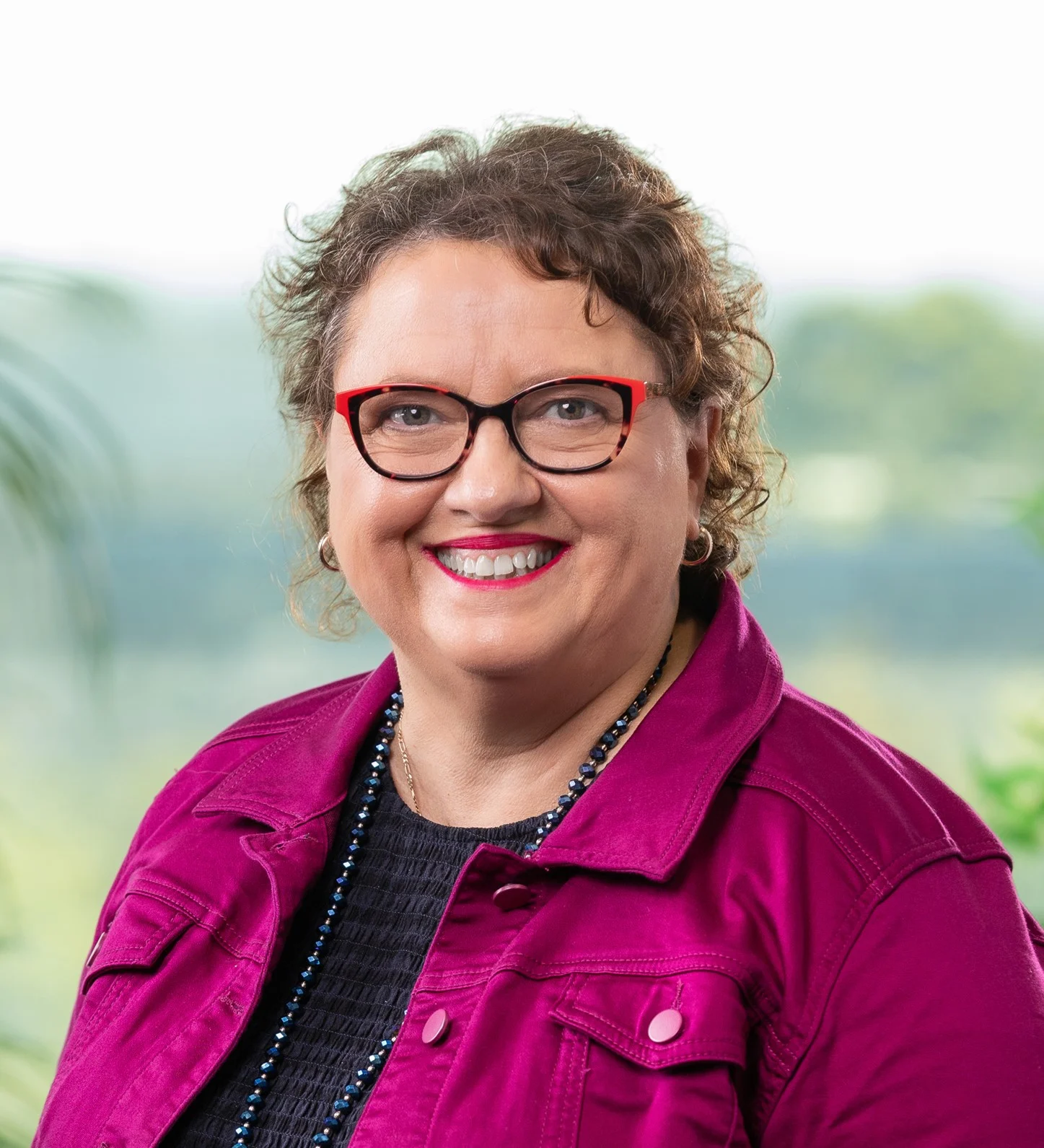How scientists transform regional challenges into global insights
2025년 10월 28일 | 12분 읽기
저자: Liana Cafolla, Lipsa Panda

Meet three scientists who transform local challenges into insights with global impact and learn how specialized open-access journals supported their journey.
"We have no hope of solving our problems without harnessing the diversity, the energy, and the creativity of all our people." — Roger Wilkins, journalist, professor and civil rights leader
Throughout history, local knowledge has advanced scientific understanding and global practices. From Norman Borlaug’s Green Revolution, which began in Mexico and influenced agricultural practices worldwide, to the discovery of artemisinin in Chinese medicine by Dr Tu Youyou, which saved millions from malaria, cultural diversity has informed hypotheses and led to innovative solutions to global challenges.
In our increasingly interconnected world, solutions must draw from a wider range of perspectives to allow us to develop new insights.Here, we highlight the journeys of three remarkable scientists — Dr Dennis Ochieno, Lorelle Holland, and Dr Tiantian Zuo — who are enriching the knowledge of the scientific community by using their deep cultural understanding to develop innovative solutions to local challenges. Their route to publication was not easy, but it ended successfully due to their perseverance and support from journals that embrace diverse perspectives in research.
Challenging agricultural norms in East Africa
Dr Dennis Ochieno, a Senior Lecturer in the School of Natural Sciences at Masinde Muliro University of Science and Technology in Kenya, recognized critical threats to Uganda’s food security: The banana weevil Cosmopolites sordidus and the root-eating worm Radopholus similis were devastating banana crops, a vital nutritional and cultural resource. These pests invade the roots of banana plants, weakening them to the point of collapse. To respond to the challenge, Dennis joined a research project investigating sustainable banana production solutions in East Africa.
His thesis ‘Endophytic control of Cosmopolites sordidus and Radopholus similis using Fusarium oxysporum V5w2 in tissue culture banana’ filled a crucial gap in the literature and challenged the use of Fusarium oxysporum V5w2 as a biological control agent for the banana pests such as weevils and worms by pointing out that F. oxysporum — originally intended to control the pests — lacked a clear identity. His findings revealed no significant improvement in banana production that used F. oxysporum on pest-infected plants. Dennis recommended that this non-beneficial fungus should not be registered as a biopesticide or transferred to farmers, and he emphasized the need for research that is genuinely focused on addressing local agricultural challenges.
Despite the importance of his work, Dennis faced rejections that left him feeling isolated.
“I felt that I was being profiled, and my work could not be recognized in journals with different ideals,” he said.
Eventually, a colleague directed him to Scientific African, a fully open-access multidisciplinary journal dedicated to publishing scientific solutions for the continent’s challenges. “This is the place for scientists who want to create The Africa We Want,” said Editor-in-Chief Benjamin Apraku Gyampoh.
Dennis’s original thesis evolved into six articles (1, 2, 3, 4, 5, 6), four of which were published in Scientific African. His work not only contributes to the body of knowledge but effectively challenges the status quo in agricultural practices across Africa.
Paradigm shift in supporting Indigenous children in Australia
Lorelle Holland, a registered nurse and lecturer at the University of Queensland, addresses a critical issue: unmet complex health needs and the disproportionately high incarceration rates of Aboriginal and Torres Strait Islander children in Australia.
According to the Australian Institute of Health and Welfare, the incarceration rate of First Nations children was 27 times greater than that of non-Indigenous Australian children in 2024. Lorelle’s research paper “Resisting the Incarceration of Aboriginal and Torres Strait Island Children: A Scoping Review to Determine the Cultural Responsiveness of Diversion Programs” proposed a paradigm shift from punitive measures to preventive support for vulnerable children.
When it came to publishing her research, Lorelle faced significant challenges. “The scope of the work often doesn’t fit with the journal’s requirements, or the work is misunderstood,” she explained. These difficulties stem from a global environment that often prioritizes Western knowledge systems over Indigenous expertise. Lorelle’s work was welcomed and published in First Nations Health and Wellbeing – the Lowitja Journal, which Elsevier publishes on behalf of the Lowitja Institute, Australia's first community-controlled research institute.
Editor-in-Chief Catherine Chamberlain, who aims to reinforce the journal’s role in addressing the bias in health research concerning First Nations people, explained:
“First Nations scholars are playing a critical role in decolonizing and re-shaping thought, bringing new ways of relational thinking that offer new opportunities to understand ourselves and our relationship with our environment, and building cooperation to help overcome contemporary global challenges.”
Lorelle’s commitment to Indigenous health extends beyond this publication. She has contributed to critical research affecting Aboriginal and Torres Strait Islander communities, including a paper on countering alcohol-related harm published in The Lancet Regional Health – Western Pacific. Her experiences highlight the importance of providing platforms for Indigenous voices in research.
Modernizing traditional Chinese medicine wisdom
In China, Dr Tiantian Zuo tackles the complexities of Traditional Chinese Medicine (TCM) while advocating for its safe and effective use. Working at the National Institutes for Food and Drug Control in China, Tiantian focuses her research on establishing safety limits for heavy metal content in TCM prescriptions. The challenge lies in the natural variability of TCM components, which complicates the identification of specific compounds responsible for therapeutic effects.
Tiantian uses modern scientific methods to establish safe limits for heavy metal content in TCM. Her research paper “Distribution, Speciation, Bioavailability, Risk Assessment, and Limit Standards of Heavy Metals in Chinese Herbal Medicines” was published in Pharmacological Research – Modern Chinese Medicine, published by Elsevier on behalf of the Chinese Pharmacological Society.This work is crucial as it ensures that TCM can be administered safely, allowing it to contribute positively to public health.
Her study combines classical toxicological assessment methods with big data analysis to determine appropriate safety thresholds, which have now been adopted by the Chinese Pharmacopoeia. Tiantian’s commitment to integrating traditional practices with modern scientific methodologies reflects a broader trend in research that seeks to integrate diverse knowledge systems for the benefit of global communities. “Given the complexity of traditional Chinese medicines, scientists need to use modern technology based on interdisciplinary research to improve lives globally,” she said.
The journal’s publisher, Anne Marie Pordon, noted: “We launched the journal because researchers in traditional Chinese medicine told us that most pharmacology journals were rejecting studies on compound TCM prescriptions. TCM is a valuable healthcare resource that should not be overlooked. Instead, we should support research that contributes to its development using modern scientific methods.”
Local roots, global impact
While these stories address local issues, they could pave the way for global innovations and sustainable solutions that resonate with communities worldwide. After all, cultural values are not merely background factors in research and development; they are integral to shaping priorities, methodologies, ethical considerations and the acceptance of innovations.
At Elsevier, we are committed to supporting diverse perspectives in research, ensuring that every scientist has the opportunity to share their findings and contribute to the collective knowledge of our global community through our wide range of open-access journals.

Dr Tiantian Zuo
기여자


